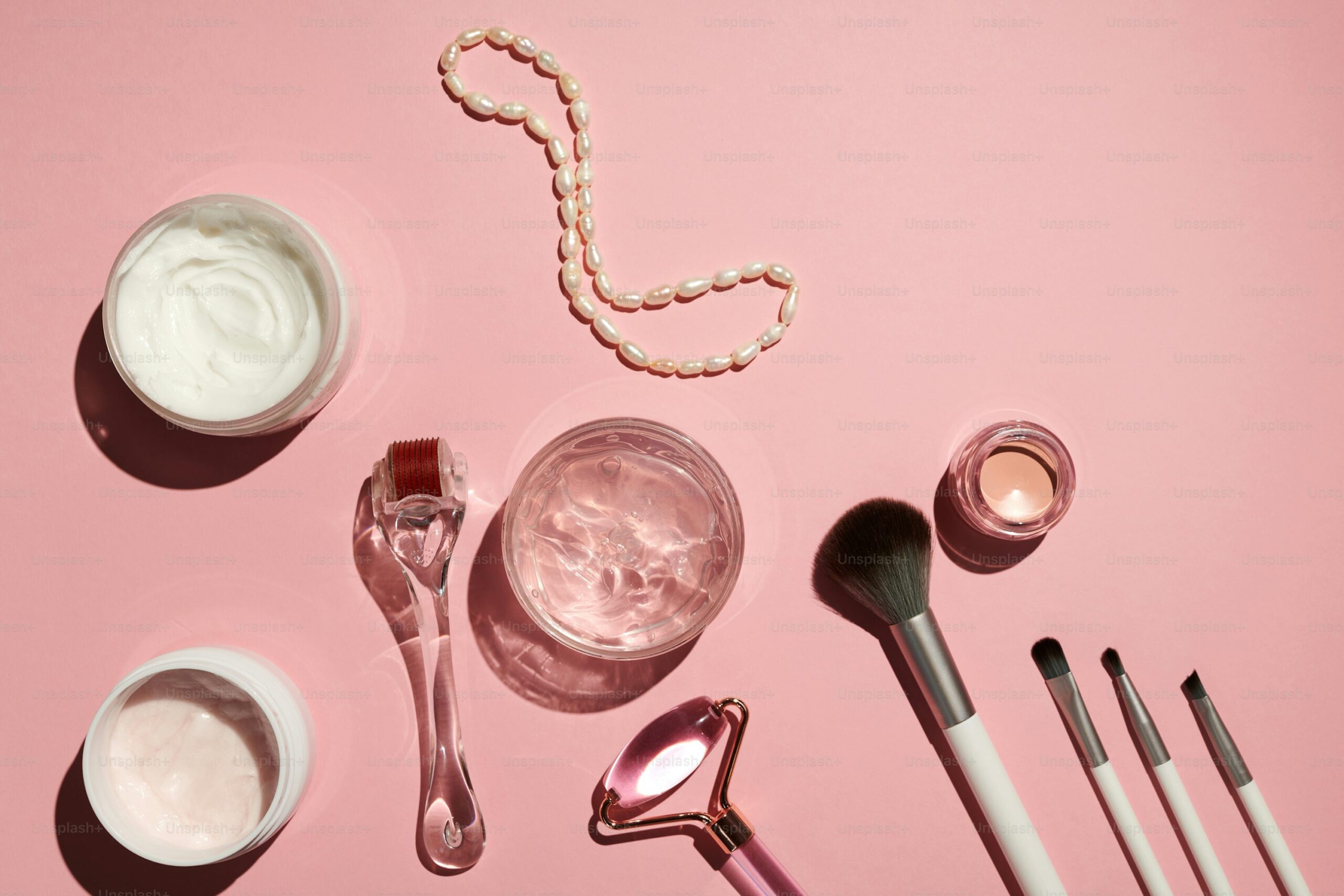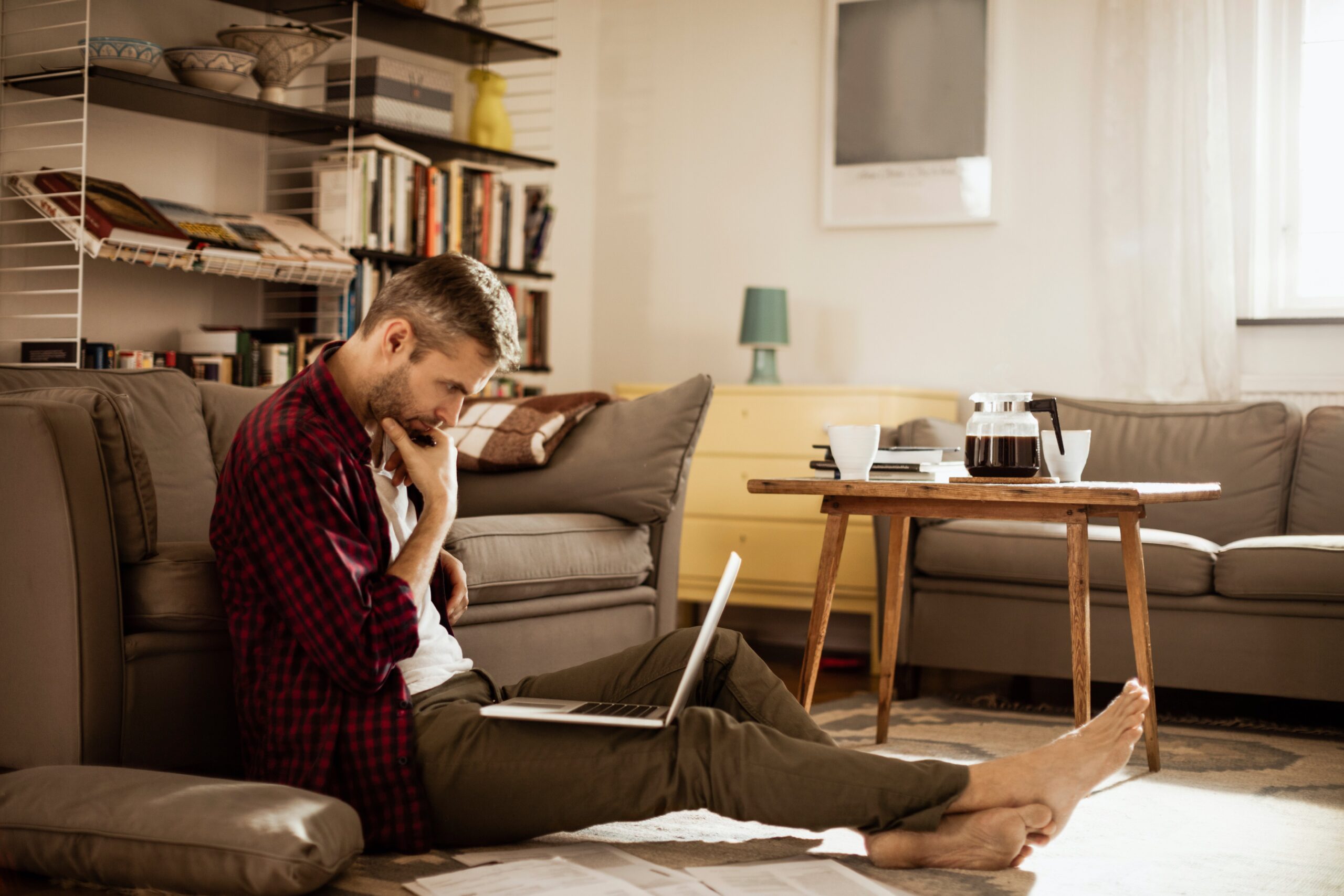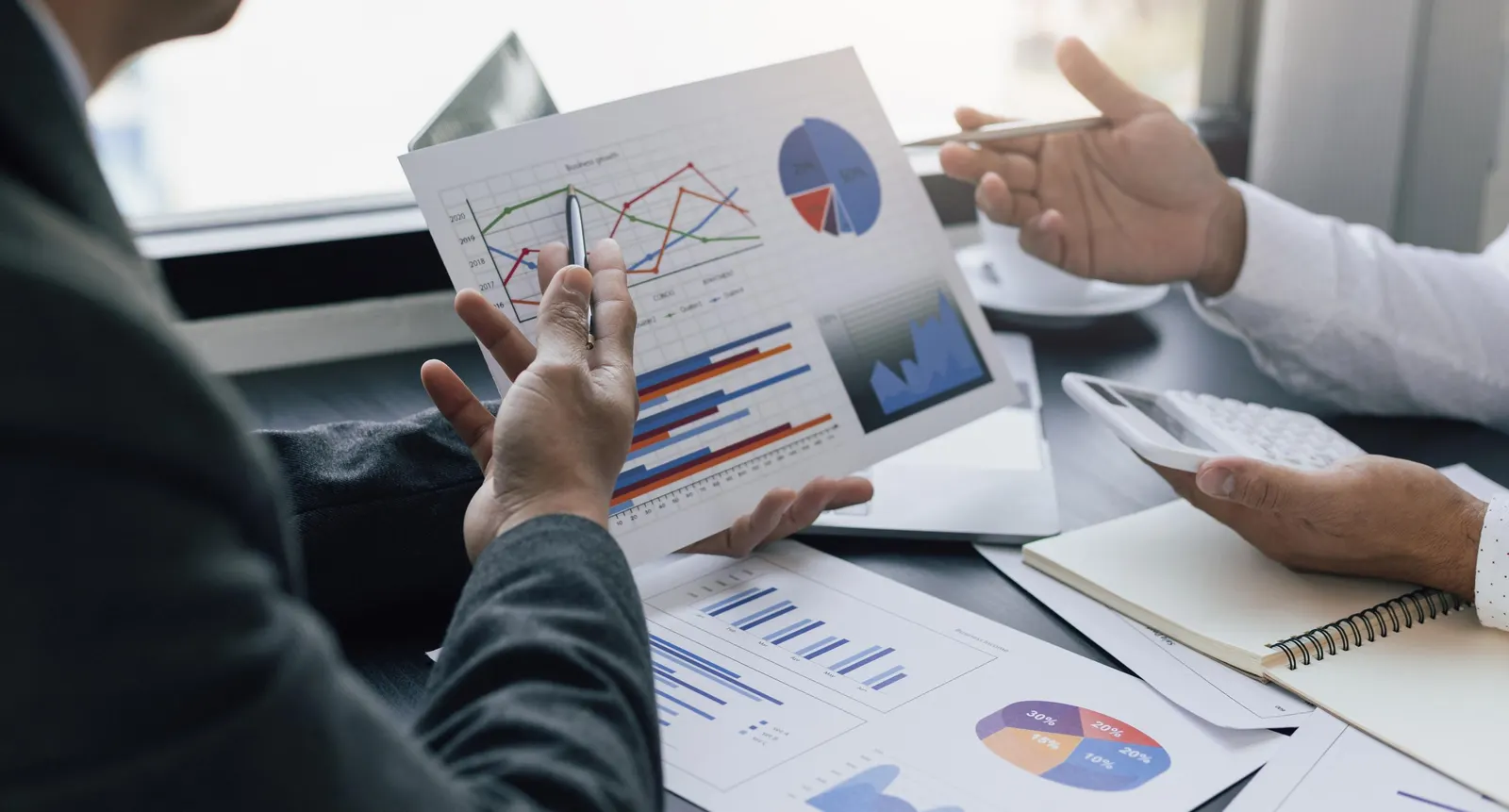Beauty has long been a topic of fascination, admiration, and debate, with people seeking to define what beauty is and how it influences our lives. From the fashion industry to the world of cosmetics, beauty plays a central role in the way we see ourselves and others. But beauty is not only skin-deep—it is intricately tied to self-perception and confidence. In many cultures, beauty standards can impact personal and social identity, affecting how individuals view themselves and how they are viewed by society.
The question of how beauty influences self-perception and confidence goes beyond physical appearance. It involves deeper emotional and psychological factors that shape our sense of worth, happiness, and well-being. As beauty trends shift and evolve, so too does our understanding of how it impacts our self-esteem and how we interact with the world.
The Psychological Impact of Beauty on Self-Perception
- Beauty and Self-Worth: Many individuals connect their physical appearance with their sense of self-worth. Society’s standards of beauty, often portrayed in media, fashion, and advertising, can significantly influence how we perceive ourselves. When individuals align with these beauty standards, they often feel more validated and confident. However, those who do not meet these standards may struggle with self-esteem and feel that they are less worthy. This association between beauty and self-worth can lead to body image issues and dissatisfaction. People who feel that they don’t fit traditional beauty norms may develop feelings of inadequacy, contributing to low self-esteem or body dysmorphia. Conversely, those who feel attractive according to societal standards may experience a boost in self-confidence and a more positive self-image.
- The Role of Media in Shaping Beauty Standards: The media plays a significant role in shaping our perceptions of beauty. From magazines to movies, television shows to social media influencers, images of “perfect” beauty are constantly reinforced. This visual representation often emphasizes certain traits such as slimness, clear skin, and symmetrical features, which are often portrayed as the ideal. This leads individuals to compare themselves to these standards, which can affect their confidence. Social media, in particular, has contributed to a culture of comparison, with platforms like Instagram, TikTok, and Snapchat showcasing filtered images of beauty that are often unattainable in real life. While many beauty influencers advocate for authenticity and embracing natural beauty, others still perpetuate unrealistic beauty ideals that can negatively impact self-esteem.
- Internalizing Beauty Standards: Over time, individuals internalize the beauty ideals presented by the media and society, which can affect their confidence in how they present themselves to others. This internalization can lead to a constant preoccupation with one’s appearance, sometimes resulting in behaviors like overuse of makeup, excessive grooming, or even cosmetic surgery. On the other hand, some individuals may reject conventional beauty standards and embrace their unique features, fostering a sense of authenticity and self-assurance.
- Beauty and Confidence in Social Interactions: Confidence often influences how we interact with others, and beauty plays a pivotal role in shaping this dynamic. When people feel good about their appearance, they are more likely to engage socially, express themselves freely, and pursue opportunities with enthusiasm. This confidence can lead to more positive interactions with others and greater success in personal and professional relationships. On the contrary, when individuals feel insecure about their looks, they may withdraw from social situations, avoid eye contact, or feel less capable of engaging in certain activities. This lack of confidence can impact personal relationships, career opportunities, and overall happiness. Beauty and confidence are intertwined, and one often affects the other in a cyclical manner.
Beauty Routines and Their Psychological Benefits
- Self-Care Rituals and Emotional Well-Being: Many individuals find comfort in beauty routines, whether it’s skincare, makeup application, or hair care. These rituals can serve as a form of self-care, providing individuals with time to relax and focus on themselves. By dedicating time to beauty routines, people can foster a sense of control, relaxation, and personal empowerment. These acts of self-care can also enhance emotional well-being, offering a moment of mindfulness in the midst of a busy day.
- Cosmetics as a Confidence Boost: For some, makeup is not just a tool to enhance appearance but a way to express creativity, cover imperfections, or boost self-esteem. Applying makeup or styling hair can give individuals a sense of confidence, making them feel prepared to face the world. Cosmetics can be empowering, allowing people to experiment with different looks and feel their best. For others, beauty treatments such as facials, massages, or even cosmetic procedures like Botox or fillers can provide an emotional lift, contributing to a sense of youthfulness, vitality, or beauty. While these treatments are personal choices, they can enhance self-esteem and help people feel more comfortable in their own skin.
Challenges to Beauty and Confidence
- Unrealistic Expectations and Pressure: The pressure to conform to societal beauty standards can be overwhelming, particularly for younger generations. The rise of Instagram models, celebrity beauty trends, and photo-editing apps has created a culture of unattainable beauty, leading many to feel inadequate when comparing themselves to these idealized versions of beauty. This unrealistic expectation can cause anxiety, stress, and dissatisfaction with one’s appearance.
- The Role of Diversity in Beauty: In recent years, there has been a growing movement towards embracing diversity in beauty standards. More brands, influencers, and media outlets are celebrating beauty in all shapes, sizes, colors, and ages. This shift allows individuals to feel seen and represented, regardless of whether they fit into traditional beauty ideals. Embracing diversity in beauty is crucial for fostering a more inclusive society, where self-perception and confidence are based on individuality rather than conformity.
- Beauty in Aging: Aging is another area where beauty standards can affect confidence. In many cultures, youthfulness is equated with beauty, creating societal pressure to maintain a youthful appearance. As individuals age, they may feel that their beauty is diminishing, leading to feelings of insecurity. However, there is a growing movement to redefine beauty as something that transcends age, celebrating the wisdom, experience, and grace that comes with getting older.
Conclusion
Beauty, while often associated with physical appearance, is much more than just skin-deep. It plays a significant role in shaping self-perception and confidence, affecting how individuals view themselves and interact with the world. While societal beauty standards can have both positive and negative effects on self-esteem, beauty routines and practices offer individuals the opportunity to boost their confidence, express themselves creatively, and engage in self-care. In a world increasingly focused on diversity, it’s important to redefine beauty in ways that celebrate individuality and encourage confidence regardless of appearance. Ultimately, true beauty lies in embracing who we are and feeling empowered to live authentically.




